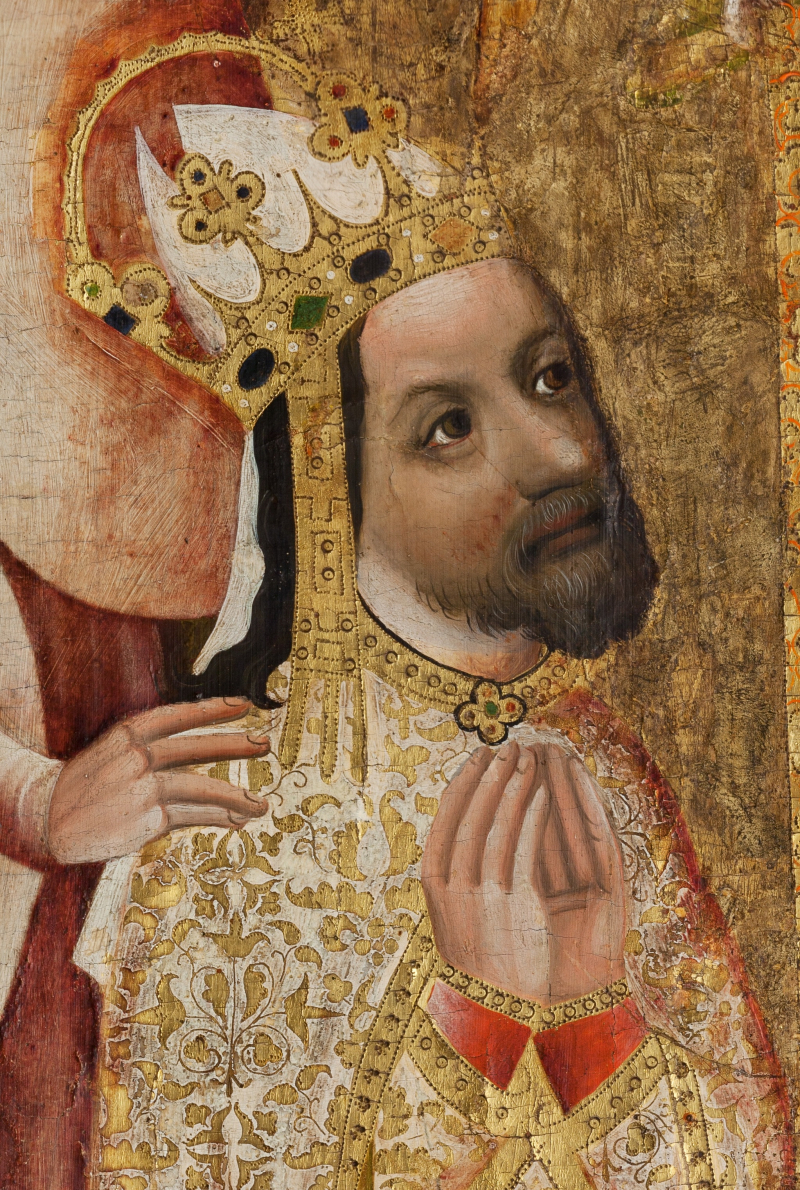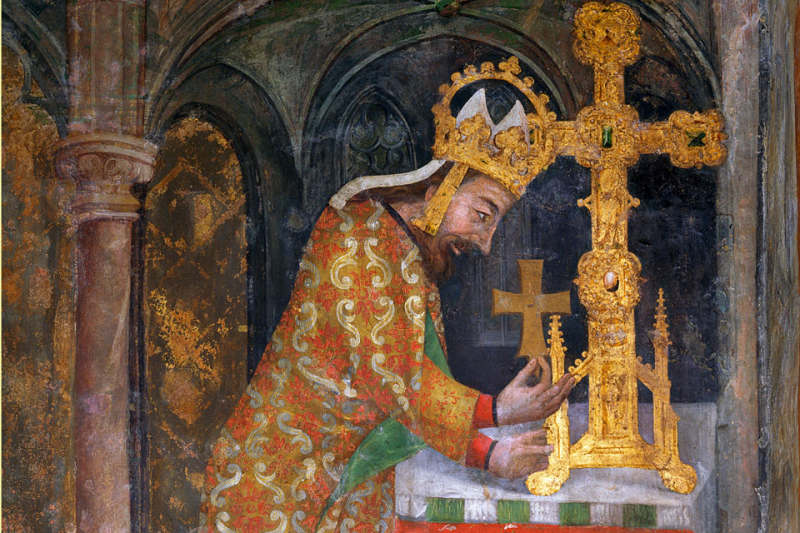Charles IV, Holy Roman Emperor
One of the most important historical figures in the Czech Republic (Czechia) is Charles IV. Charles IV, also known as Charles of Luxembourg and born Wenceslaus (14 May 1316 – 29 November 1378), was the first king of Bohemia to hold the office of the Holy Roman Emperor. He belonged to the House of Luxembourg on his father's side and the Bohemian House of Pemyslid on his mother's side; he placed more emphasis on the latter due to his lifelong affinity for the Bohemian side of his inheritance as well as the fact that two saints were among his direct ancestors in the Pemyslid line.
He was chosen by the prince-electors to succeed Louis IV, Holy Roman Emperor, as King of the Romans (rex Romanorum), on July 11, 1346. Bonn hosted the coronation of Charles on November 26, 1346. He was re-elected in 1349 and given the title of King of the Romans after his rival passed away. He was anointed Holy Roman Emperor and King of Italy in 1355. He assumed personal control over every country in the Holy Roman Empire after being crowned King of Burgundy in 1365.
He continues to be a very well-liked figure in the Czech Republic despite having played a significant role in the political and cultural history of the Kingdom of Bohemia. The Holy Roman Empire's politics underwent a structural transformation after the Golden Bull in 1356. However, there are still some issues around some aspects of his legacy. The image of Charles as a wise, religious, and peace-loving king partially created by Charles himself has proven to be influential even now, as seen by a number of creative or academic endeavors completed either during or after Charles's reign.













